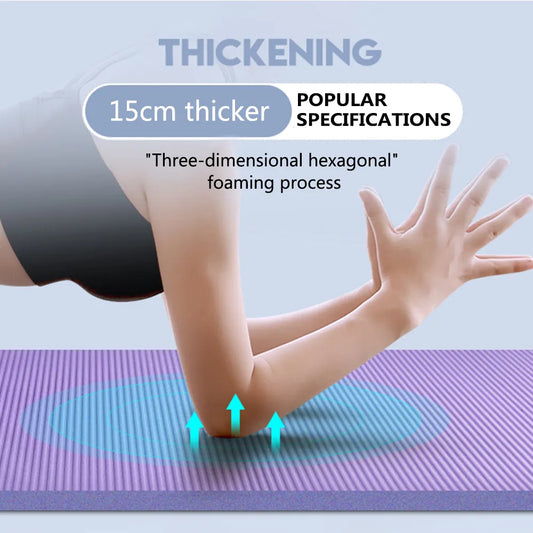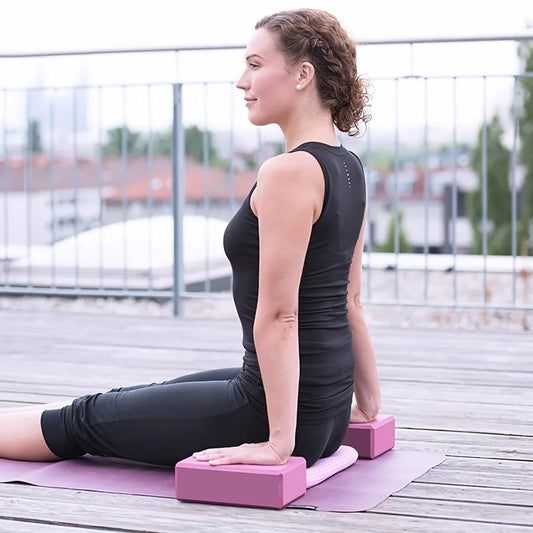Fitness training can lead to a wide range of physical, mental, and emotional results, depending on individual goals, preferences, and commitment levels. Here are some of the key results that individuals may experience from regular fitness training:
Physical Results:
- Improved Strength: Fitness training, including resistance training, bodyweight exercises, and weightlifting, can lead to increased muscle strength and power.
- Enhanced Cardiovascular Health: Cardiovascular exercises such as running, cycling, swimming, and aerobics improve heart health, lung capacity, and circulation.
- Increased Endurance: Regular aerobic and anaerobic training can improve endurance and stamina, allowing individuals to sustain physical activity for longer periods.
- Better Flexibility: Stretching, yoga, and Pilates exercises improve flexibility, joint mobility, and range of motion.
- Weight Management: Fitness training, combined with a balanced diet, can help individuals achieve and maintain a healthy body weight and composition.
- Improved Body Composition: Fitness training can help reduce body fat and increase lean muscle mass, leading to a more toned and defined physique.
- Enhanced Balance and Coordination: Functional fitness exercises and balance training improve proprioception, coordination, and stability.
- Reduced Risk of Chronic Diseases: Regular physical activity reduces the risk of chronic diseases such as heart disease, diabetes, hypertension, and osteoporosis.
Mental and Emotional Results:
- Stress Reduction: Exercise releases endorphins, neurotransmitters that promote feelings of well-being and reduce stress and anxiety.
- Improved Mood: Physical activity boosts mood, self-esteem, and confidence while reducing symptoms of depression and mood disorders.
- Enhanced Cognitive Function: Exercise improves cognitive function, memory, and mental clarity, promoting brain health and reducing the risk of cognitive decline.
- Better Sleep Quality: Regular exercise can improve sleep quality and duration, leading to more restful and rejuvenating sleep.
- Increased Energy and Vitality: Physical activity increases energy levels, vitality, and overall feelings of vitality and well-being.
- Boosted Self-Esteem: Achieving fitness goals, overcoming challenges, and experiencing improvements in physical fitness can boost self-esteem and self-confidence.
- Stress Management: Fitness training provides a healthy outlet for managing stress, frustration, and emotional tension.
- Sense of Achievement: Setting and achieving fitness goals fosters a sense of accomplishment, motivation, and perseverance.
Overall, fitness training offers a holistic approach to health and wellness, encompassing physical, mental, and emotional well-being. By incorporating regular exercise into a balanced lifestyle, individuals can experience a wide range of positive results that contribute to overall health, vitality, and quality of life.




















